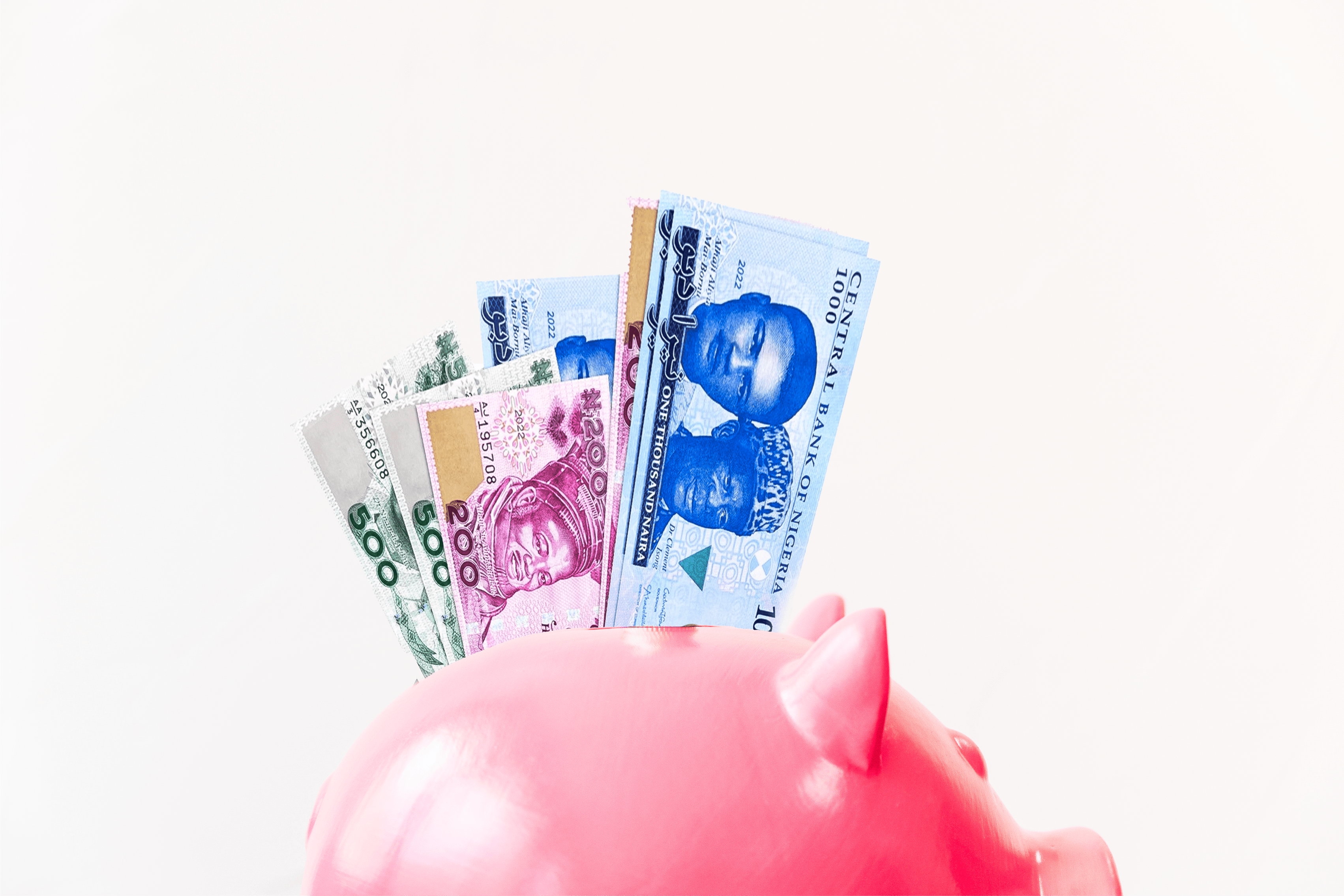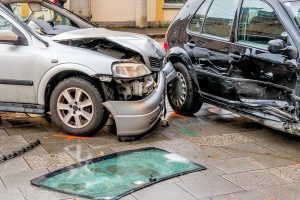What is an Emergency Fund?
An emergency fund is money you put aside to ensure that your life does not come to a halt when faced with an unplanned financial demand. An emergency fund can help you handle medical bills, job loss, home or car repairs, etc. It also prevents you from the desperation to take high-interest loans or sell off your properties.
How to Start and Build Your Emergency Fund
1. Create a budget
Creating a budget allows you to become more aware of how you spend your money. You cannot start to save money from your income when you don’t even know how you spend it.
Start by recording your monthly expenses, all of them. Take stock for at least 2 months to know which expenses are essential and nonessential. Once this is clear, you can now look for ways to plan your finances, manage spending and start setting aside an emergency fund.
2. Calculate your emergency fund goal
If you are building an emergency fund to cater for 6 months, for example, you can determine this by multiplying your total monthly essential expenses by six. The result is your emergency fund goal.
3. Have an automatic deposit plan
Set up direct deposits from your income source into your savings account. Automating deposits simplifies saving, ensures you don’t default, and keeps you on track toward your emergency fund goal.
4. Save unexpected money
Until you have reached your emergency fund goal, save all unexpected income. Unexpected money could come as a bonus, cash gift, tax refund, inheritance, winning a bet, etc.
5. Continue saving after meeting your goal
Life happens, and sometimes, an unplanned expense can require more than a 6-month emergency fund. For instance, being unemployed for more than six months where you’ll be glad you had more in your emergency fund.
Things to Know Once You Have Your Emergency Fund
Now that you have saved up your emergency fund, what do you do? What if you never need it? Would you just let it sit in your savings account while inflation gnaws at it?
An emergency fund is still your money and should earn returns just like others regardless of its purpose.
Before looking at the options on how to secure your fund against depreciation, here are things to know once you have your emergency fund.
Safety
Emergency funds are meant to take care of you in bad financial times, you cannot be careless with them. Do not put them in high-risk investments where you can lose your capital just because you want to earn returns.
Accessibility
The ability to access the money at any time is key. Hold your money where you can quickly withdraw it. Some emergencies may need immediate attention, and you cannot afford to wait on some rigorous withdrawal process.
Separate investment fund from emergency fund
Have a clear distinction between funds meant for investment and funds for emergency. This ensures you have clarity on where to put what.
Where to Keep Your Emergency Fund
Now that you know the things to keep in mind, here are some options for where you can secure your emergency fund:
1. High-yield savings account
This is the best place to keep your emergency fund. Look for banks (or online banks) that offer easy access and pay a competitive yield.
2. Savings account with sweep-in facility
Sweep-in facility makes sure amounts over a set limit are channeled into a fixed deposit which you can withdraw if you ever need cash. Here, your fund can earn more than a regular savings account.
3. Short-term fixed deposits
You can also open short-term fixed deposits with your bank to prevent spending the money saved in a savings account. Just ensure you understand the terms and conditions before opening them.
4. Liquid mutual funds
Liquid mutual funds invest in short-term fixed-income securities like Certificates of Deposits, Term Bills, etc. They have a slightly higher return than fixed deposits and are more liquid.
Tip: Each of these options has its separate rules. It is advisable to not put all your emergency funds in one but split among them as you see fit.
Bottom Line
An emergency fund is the best way to save for unplanned events and avoid making bad financial decisions in times of desperation.
Emergencies can happen whether you’re prepared or not. However, here at Leadway, our Savings Plans ensure that the money is available for you should they happen.












